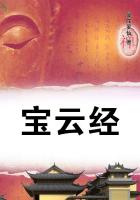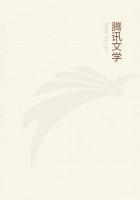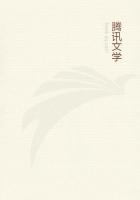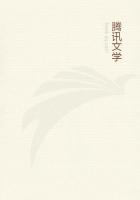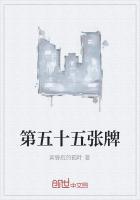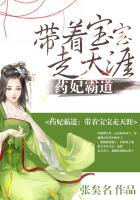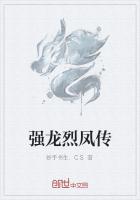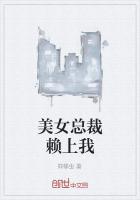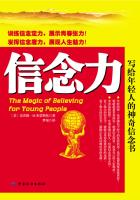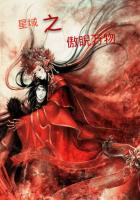So great a concourse had not assembled to greet the emperor himself. The excitement was intense, and from the midst of the throng a shrill and plaintive voice chanted a funeral dirge as a warning to Luther of the fate that awaited him. "God will be my defense," said he, as he alighted from his carriage.
The papists had not believed that Luther would really venture to appear at Worms, and his arrival filled them with consternation. The emperor immediately summoned his councilors to consider what course should be pursued. One of the bishops, a rigid papist, declared: "We have long consulted on this matter. Let your imperial majesty get rid of this man at once. Did not Sigismund cause John Huss to be burnt? We are not bound either to give or to observe the safe-conduct of a heretic." "No," said the emperor, "we must keep our promise."--Ibid., b. 7, ch. 8. It was therefore decided that the Reformer should be heard.
All the city were eager to see this remarkable man, and a throng of visitors soon filled his lodgings. Luther had scarcely recovered from his recent illness; he was wearied from the journey, which had occupied two full weeks;he must prepare to meet the momentous events of the morrow, and he needed quiet and repose. But so great was the desire to see him that he had enjoyed only a few hours' rest when noblemen, knights, priests, and citizens gathered eagerly about him. Among these were many of the nobles who had so boldly demanded of the emperor a reform of ecclesiastical abuses and who, says Luther, "had all been freed by my gospel."--Martyn, page 393. Enemies, as well as friends, came to look upon the dauntless monk; but he received them with unshaken calmness, replying to all with dignity and wisdom. His bearing was firm and courageous. His pale, thin face, marked with the traces of toil and illness, wore a kindly and even joyous expression. The solemnity and deep earnestness of his words gave him a power that even his enemies could not wholly withstand. Both friends and foes were filled with wonder.
Some were convinced that a divine influence attended him; others declared, as had the Pharisees concerning Christ: "He hath a devil."On the following day Luther was summoned to attend the Diet. An imperial officer was appointed to conduct him to the hall of audience; yet it was with difficulty that he reached the place. Every avenue was crowded with spectators eager to look upon the monk who had dared resist the authority of the pope.
As he was about to enter the presence of his judges, an old general, the hero of many battles, said to him kindly: "Poor monk, poor monk, thou art now going to make a nobler stand than I or any other captains have ever made in the bloodiest of our battles. But if thy cause is just, and thou art sure of it, go forward in God's name, and fear nothing. God will not forsake thee."--D'Aubigne, b. 7, ch. 8.
At length Luther stood before the council. The emperor occupied the throne.
He was surrounded by the most illustrious personages in the empire. Never had any man appeared in the presence of a more imposing assembly than that before which Martin Luther was to answer for his faith. "This appearance was of itself a signal victory over the papacy. The pope had condemned the man, and he was now standing before a tribunal which, by this very act, set itself above the pope. The pope had laid him under an interdict, and cut him off from all human society; and yet he was summoned in respectful language, and received before the most august assembly in the world. The pope had condemned him to perpetual silence, and he was now about to speak before thousands of attentive hearers drawn together from the farthest parts of Christendom. An immense revolution had thus been effected by Luther's instrumentality. Rome was already descending from her throne, and it was the voice of a monk that caused this humiliation."--Ibid., b. 7, ch. 8.
In the presence of that powerful and titled assembly the lowly born Reformer seemed awed and embarrassed. Several of the princes, observing his emotion, approached him, and one of them whispered: "Fear not them which kill the body, but are not able to kill the soul." Another said: "When ye shall be brought before governors and kings for My sake, it shall be given you, by the Spirit of your Father, what ye shall say." Thus the words of Christ were brought by the world's great men to strengthen His servant in the hour of trial.
Luther was conducted to a position directly in front of the emperor's throne. A deep silence fell upon the crowded assembly. Then an imperial officer arose and, pointing to a collection of Luther's writings, demanded that the Reformer answer two questions--whether he acknowledged them as his, and whether he proposed to retract the opinions which he had therein advanced. The titles of the books having been read, Luther replied that as to the first question, he acknowledged the books to be his. "As to the second," he said, "seeing that it is a question which concerns faith and the salvation of souls, and in which the word of God, the greatest and most precious treasure either in heaven or earth, is involved, I should act imprudently were I to reply without reflection. Imight affirm less than the circumstance demands, or more than truth requires, and so sin against this saying of Christ: 'Whosoever shall deny Me before men, him will I also deny before My Father which is in heaven.'
[Matthew 10:33.] For this reason I entreat your imperial majesty, with all humility, to allow me time, that I may answer without offending against the word of God."-- D'Aubigne, b. 7, ch. 8.
In making this request, Luther moved wisely. His course convinced the assembly that he did not act from passion or impulse. Such calmness and self-command, unexpected in one who had shown himself bold and uncompromising, added to his power, and enabled him afterward to answer with a prudence, decision, wisdom, and dignity that surprised and disappointed his adversaries, and rebuked their insolence and pride.

